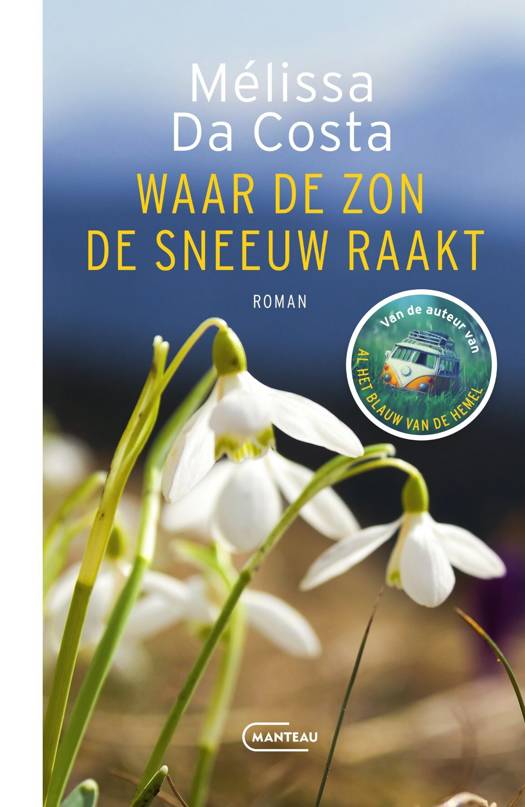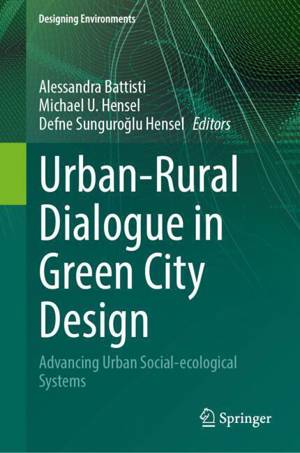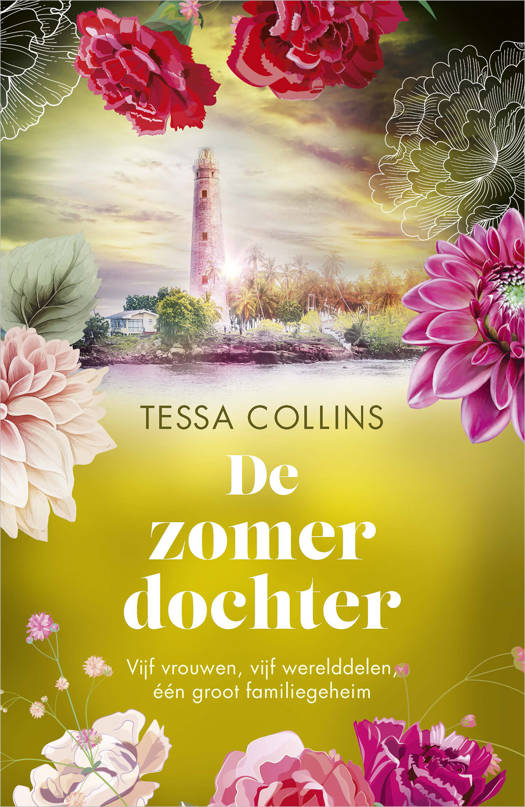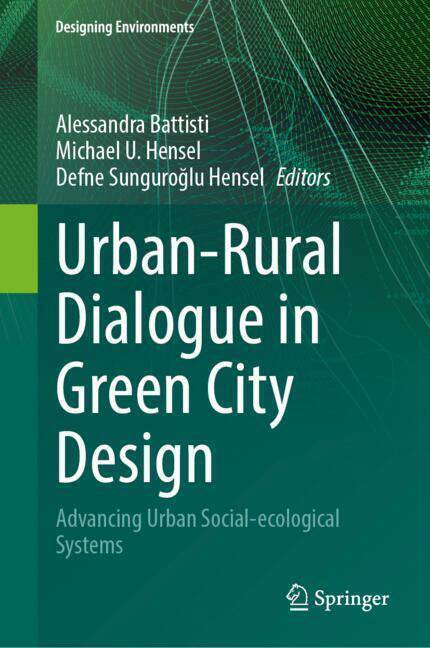
- Afhalen na 1 uur in een winkel met voorraad
- Gratis thuislevering in België vanaf € 30
- Ruim aanbod met 7 miljoen producten
- Afhalen na 1 uur in een winkel met voorraad
- Gratis thuislevering in België vanaf € 30
- Ruim aanbod met 7 miljoen producten
Zoeken
Urban-Rural Dialogue in Green City Design
Advancing Urban Social-Ecological Systems
€ 335,95
+ 671 punten
Omschrijving
Urbanization and construction are primary drivers of land cover and land use change, climate change and environmental degradation. Sustainable development seeks to counteract the negative impact of cities and urbanization. Shifting away from the still prevailing human-nature dialectic, social-ecological systems view humans as part of nature, thereby linking biophysical and social factors into a coherent system across spatial, temporal and functional scales. This approach and related complex and adaptive approaches and systems enable a new take on sustainable urban development and in particular green cities. The proposed book will focus on different aspects of advancing urban social-ecological systems with particular emphasis on the Urban-Rural Dialogue in Green City Design. The chapters will outline novel approaches to thinking and designing green cities, urban form as urban landform, integration of architectures and their settings, novel hybrid land use and related hybrid architectural typologies, multi-stakeholder and multi-species approaches. This will include a range of topics including green urban land use, urban ecosystem development and support, urban agriculture and food production, urban farming and gardening, and human health and well-being. Given the existing strong movement and research in this field in Italy, the book will concentrate on ground-breaking approaches and research from this region. A list of recognized authors will present approaches and discussions centering around the above-listed thematic foci concerning green cities planning, design, governance and ultimately aspects of living in green cities. The presented themes and approaches are also of more general fundamental relevance for urban contexts in other regions with comparable climate and environmental conditions. Therefore, we anticipate that the book will become a course book for many courses taught at universities worldwide, as well as a book for researchers and practitioners that wish to inform and prepare themselves for what is to come in terms of novel green city design.
Specificaties
Betrokkenen
- Uitgeverij:
Inhoud
- Aantal bladzijden:
- 187
- Taal:
- Engels
- Reeks:
Eigenschappen
- Productcode (EAN):
- 9783031883170
- Verschijningsdatum:
- 11/05/2025
- Uitvoering:
- Hardcover
- Formaat:
- Genaaid
- Afmetingen:
- 156 mm x 234 mm
- Gewicht:
- 462 g

Alleen bij Standaard Boekhandel
+ 671 punten op je klantenkaart van Standaard Boekhandel
Beoordelingen
We publiceren alleen reviews die voldoen aan de voorwaarden voor reviews. Bekijk onze voorwaarden voor reviews.










